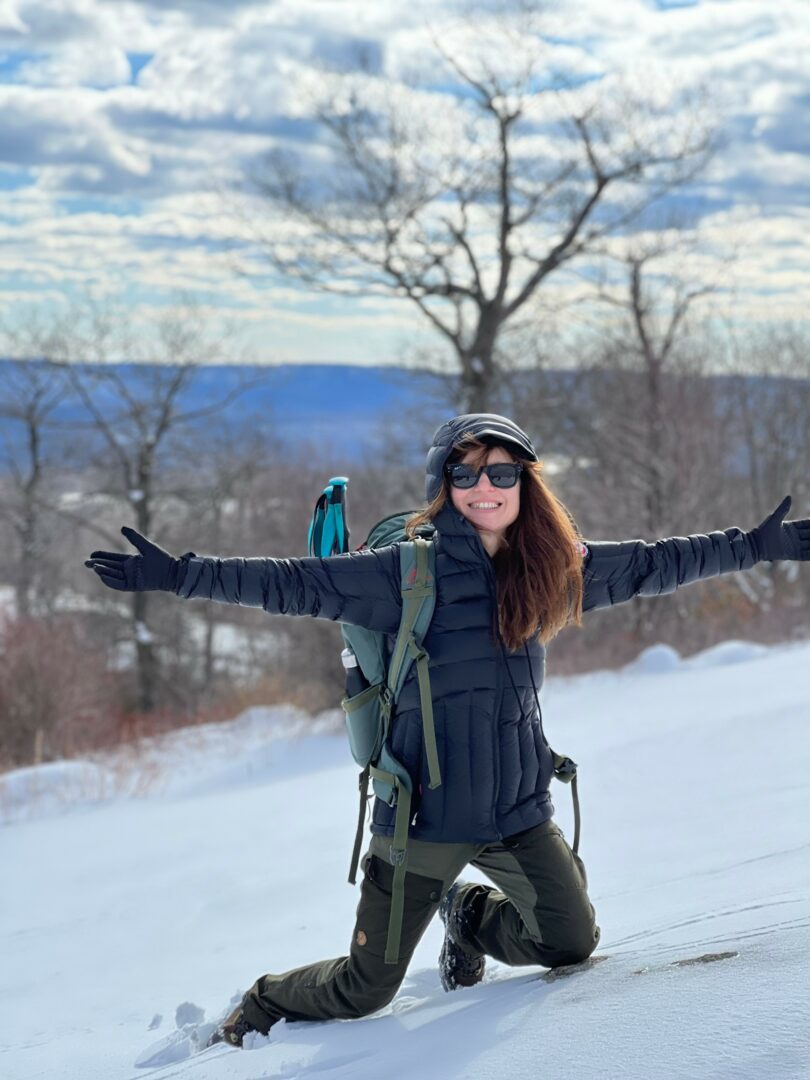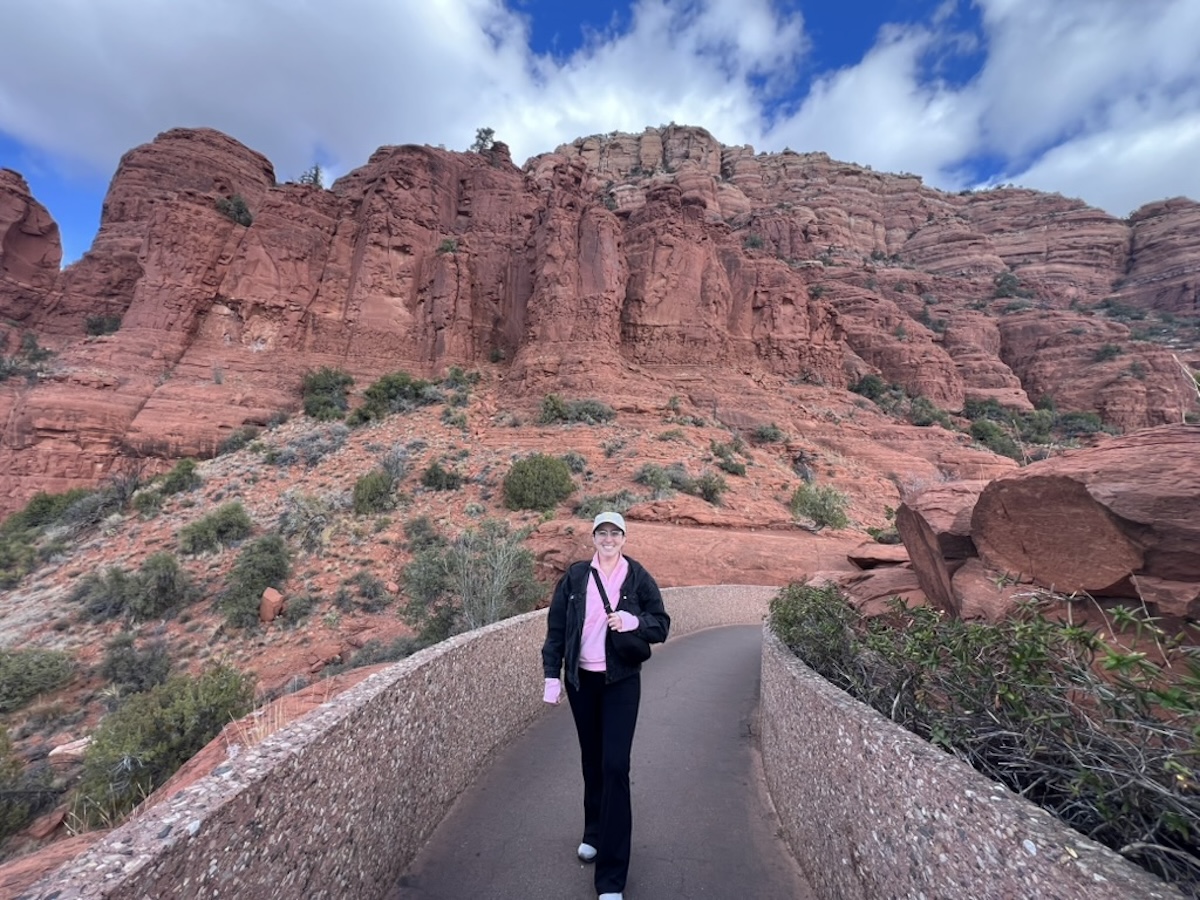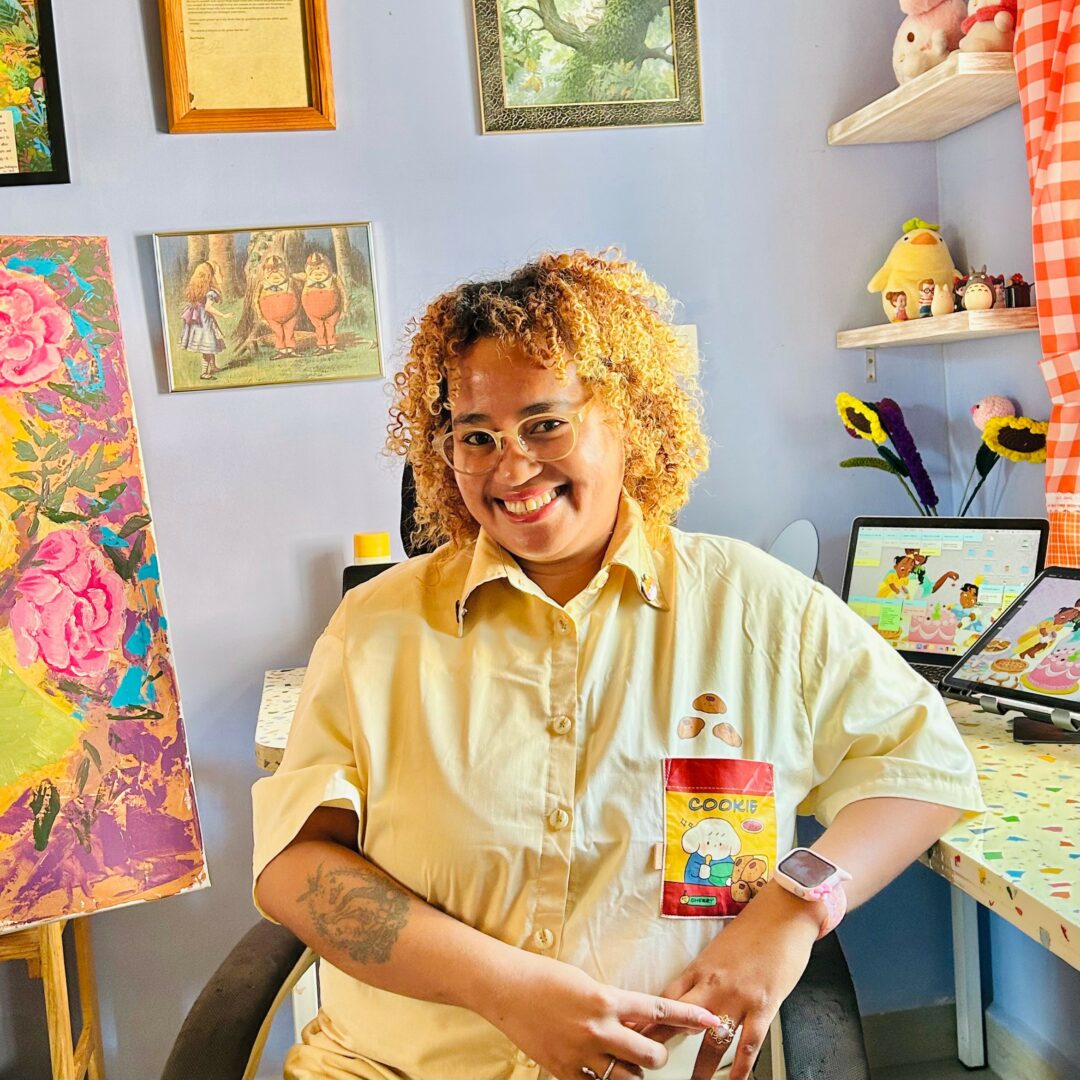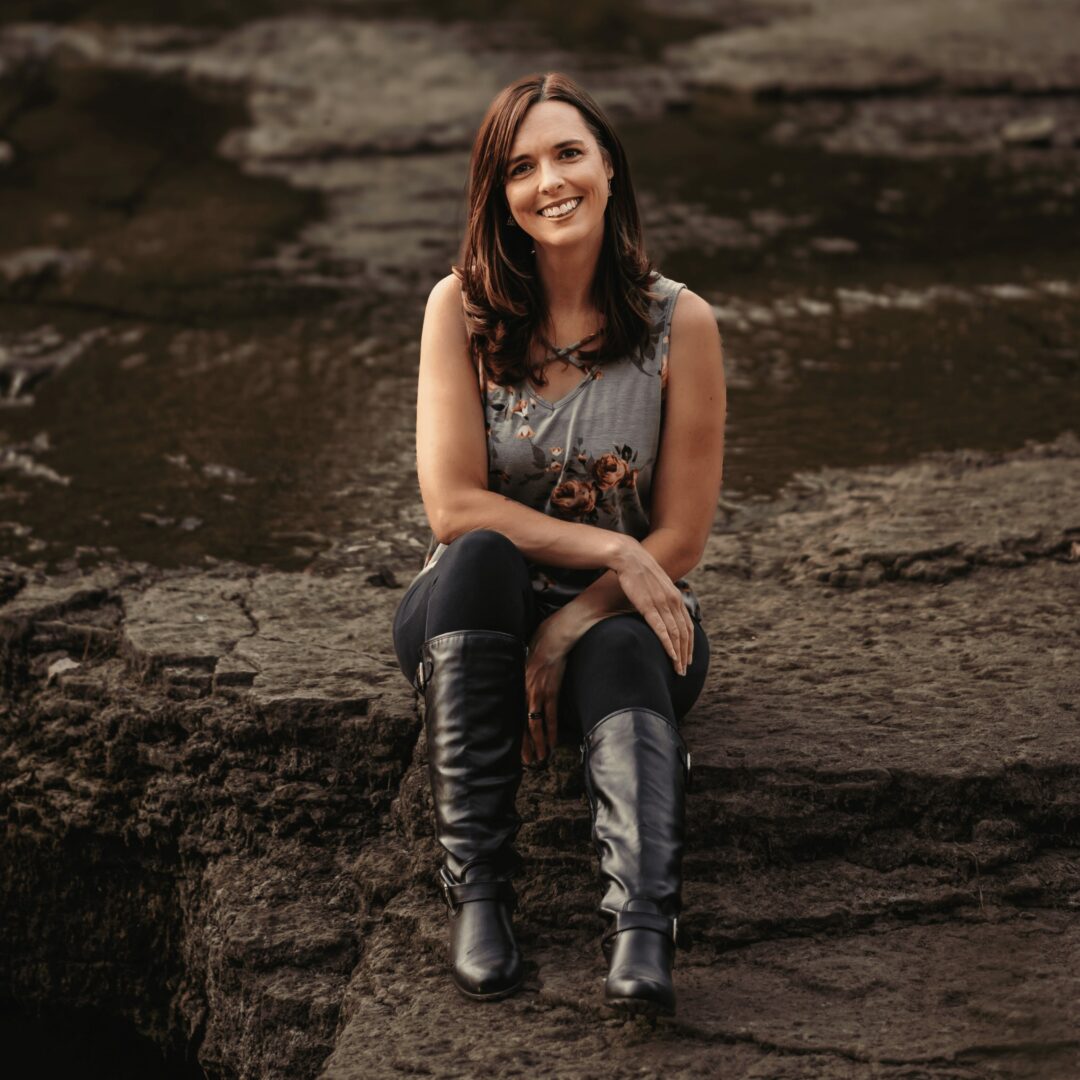We were lucky to catch up with Daniela Petrova recently and have shared our conversation below.
Daniela, we’re thrilled to have you sharing your thoughts and lessons with our community. So, for folks who are at a stage in their life or career where they are trying to be more resilient, can you share where you get your resilience from?
Resilience runs through my blood. It was cultivated by my grandparents in the mountains of Bulgaria, where they toiled the harsh land from the time they were children. It was refined by my parents in the factories built by the Communist regime, where they worked physically draining, soul-crushing jobs. And it was passed on to me in the projects of Sofia where my single mother and I lived with my grandparents and my uncle in a one-bedroom apartment that had no central heating or hot water.
I learned to take care of myself at a very young age. From making breakfast in the mornings and navigating public transportation on my way to school an hour away to figuring out my after-school activities and summer camps. There was nobody to help me with my homework or to guide me in my academic pursuits. I used to complain, asking my mom to fill out the required forms and applications like the other kids’ parents did. Her reply: “One day, I will no longer be there to do things for you, so you better learn to do it yourself while you are young.” And so I did. I learned that hard work and perseverance can help me achieve almost anything I set my mind to. I say ‘almost’ because often there is some form of luck involved. Certain things are just out of our hands, no matter how hard we work. Over the years, I’ve had my fair share of setbacks and heartbreaks, personal and professional. When that happens, I give myself time to grieve—and I grieve pretty hard, out-of-breath sobbing and all—but then, I’m done. I pull myself up by the straps of my boots, ready to take on the world again.
So I guess, you can say I get my resilience from the sweat and tears of my ancestors as well as from my upbringing.

Thanks for sharing that. So, before we get any further into our conversation, can you tell our readers a bit about yourself and what you’re working on?
I’m a Bulgarian-American author and a first-generation immigrant, passionate about social justice and human rights. My short stories, essays, and interviews have appeared in The New York Times, The Washington Post, LA Review of Books, Guernica, and Portland Review, among others. My debut novel, Her Daughter’s Mother, was critically acclaimed (“Absolutely dreamy and suspenseful” — O Magazine) and translated into three languages.
I moved to New York at the age of 22, wholly unprepared for life in America. My English was rudimentary at best. I’d never touched a computer. I had no idea what a credit card or check was. But I had big dreams—to finish college (I’d dropped out of university to move to the States) and to become a writer (I’d been composing poems and short stories since I was a child). Like countless other women immigrants before me, I started out working as a nanny and a cleaning lady. I taught myself English by watching reruns of “Friends” and attempting to read books I’d already read in Bulgarian (Pride and Prejudice, War and Peace, Crime and Punishment), which I borrowed from the local branch of the New York Public Library. I took English as a Second Language classes at the YMCA. Eventually, I found my way to Columbia University, where I worked full-time at the library while taking classes part-time, finally graduating summa cum laude in 2001.
Obsessed with storytelling, I never stopped writing, even during those first years when my English was laughably limited. I took numerous writing classes and workshops—from poetry and personal essays to screenwriting. Over the years, my stories, poems and novels have been rejected more times than I can count. But I kept writing and submitting and slowly doors began to open, my work began to be published. Her Daughter’s Mother was informed by my struggles with infertility in my 30s. I’m currently working on a new novel inspired by my immigrant experience in 1990s New York City and a short story collection based on my childhood in Communist Bulgaria.

Looking back, what do you think were the three qualities, skills, or areas of knowledge that were most impactful in your journey? What advice do you have for folks who are early in their journey in terms of how they can best develop or improve on these?
Tenacity, willingness to be vulnerable, and the ability to reframe failure as a mere setback or a new challenge have been particularly helpful to me.
Tenacity has been key to my success as an author. As I already mentioned, I never gave up despite numerous rejections—some complimentary, others, not so much. You need to have a really thick skin in this business. I have been fortunate to have some incredible teachers and supporters along the way, but there have been others who have tried to discourage me, especially because I’m not a native speaker. In the end, I’ve proven those naysayers wrong, thanks to my perseverance.
Opening up to people, showing my vulnerability, proved instrumental in my early years as an immigrant. When I first came to America, I had no family or friends to lean on, no support network. I had to swallow my pride and ask for help. People can’t help you if they don’t know you need help.
I learned the skill of reframing when I was diagnosed with an autoimmune disease in my early 30s. To deal with the pain, I turned to mindfulness, which taught me that while I couldn’t change the fact I had the disease, I could choose how to respond to it. So instead of wallowing in self-pity for my misfortune, I try to see my illness as the impetus to alter my lifestyle, switching to a healthy diet and to exercising regularly, embracing the physical activities I can still do. That doesn’t mean I don’t have bad days. Of course, I do. Days when it hits me I will never again wake up without being in pain. What helps me get out of such episodes is stepping back and looking at the big picture, putting things into perspective. In my professional life, when I get a rejection, I no longer see it as a failure but as a steppingstone, an opportunity to improve the story before submitting it elsewhere.

Is there a particular challenge you are currently facing?
My greatest challenge is fitting all I want and need to do in 24 short hours. Having recognized the importance of health, I struggle to balance my desire to write all day, spend time with my wonderful husband or friends, travel, read (both for pleasure and research), watch shows or engage in other forms of entertainment, with the necessity of carving out time for exercising, shopping for clean food, cooking three meals a day, and cleaning, as well as the need to get enough sleep. Then there are, of course, all the chores and errands and things I don’t necessarily feel like doing but have to. The days are just too short to fit it all. I haven’t figured out how to stretch out time yet, so instead I’m trying to overcome this obstacle by prioritizing, decluttering, accepting incomplete to-do lists and giving myself plenty of exhale moments. I’m also learning that not everything has to be perfect, that doing my best is enough. At a time when social media bombards us with messages to not give up, I’m giving myself permission to fail, to be average, to be human.
Contact Info:
- Website: https://www.danielapetrova.com
- Instagram: https://www.instagram.com/danielagpetrova
- Facebook: https://www.facebook.com/authordanielapetrova
- Linkedin: https://www.linkedin.com/in/daniela-petrova-82408214/
- Twitter: https://x.com/danielagpetrova




so if you or someone you know deserves recognition please let us know here.




